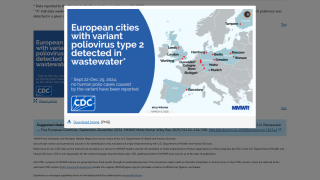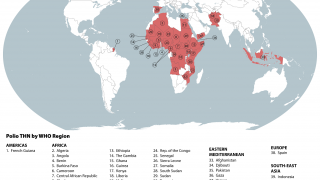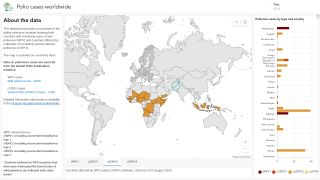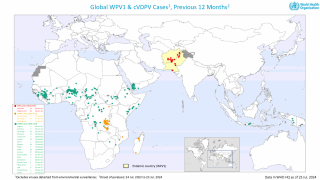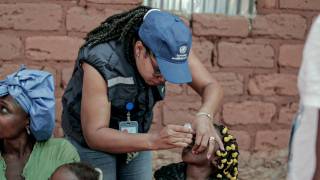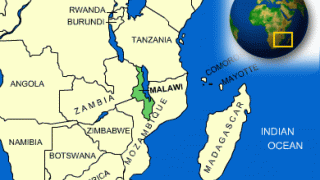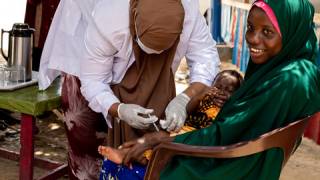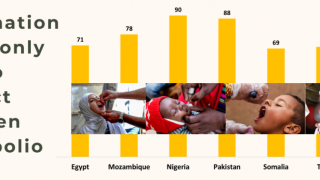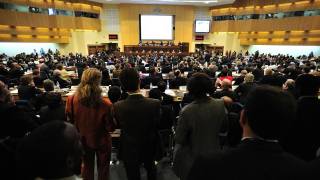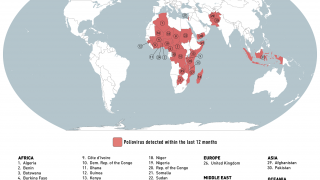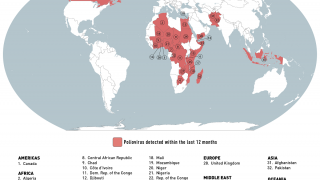Polio Vaccination Program Re-Launches in Afghanistan
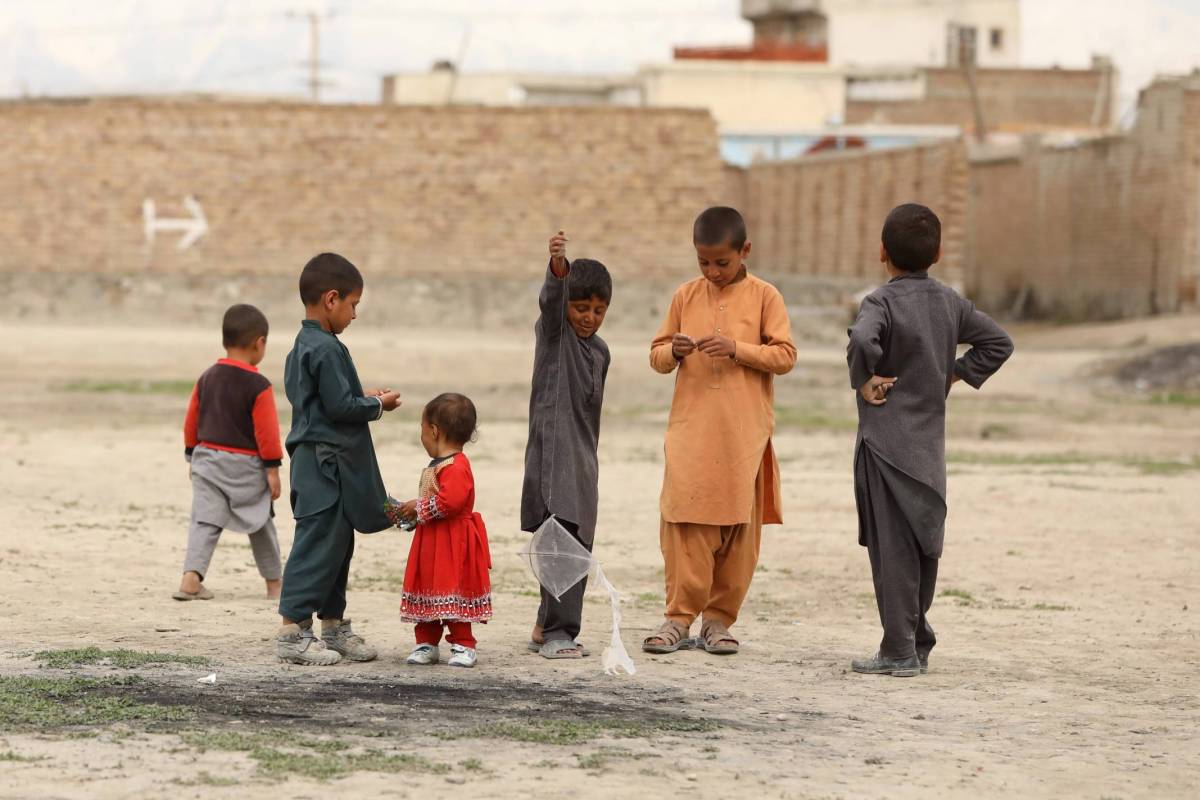
The second national polio immunization campaign of 2021 was launched today by the Ministry of Public Health of Afghanistan, collaborating with UNICEF and the World Health Organization (WHO).
Approximately 9.9 million children under the age of 5 will be targeted against polio during the 5-day campaign across the country.
In 2020, a total of 56 polio cases caused by wild poliovirus type 1, and more than 300 cases of circulating vaccine-derived poliovirus (cVDPV type 2) were reported by the WHO. In 2021, one case caused by wild poliovirus type 1 and 23 cases of cVDPV type 2 has been reported in predominantly inaccessible areas of the country.
Dr. Wahid Majrooh, the acting Minister for Public Health in Afghanistan, stated in a press release, “Approximately 3.3 million children in the areas where bans exist are repeatedly being deprived of the polio vaccine in each round of the campaign, which has caused an increase in polio cases across the country, especially cVDPV type-2."
"If our vaccinators and health workers can reach every child, we can control and eradicate polio in a short period of time," expressed the acting Minister for Public Health on March 29, 2021.
Currently, Afghanistan and Pakistan remain the only 2 polio-endemic countries in the world.
In the USA, the inactivated polio vaccine (IPOL) is most often given since 2000. It is administered by a shot in the arm or leg, depending on the person’s age. IPOL is a sterile suspension of three types of poliovirus: Type 1 (Mahoney), Type 2 (MEF-1), and Type 3 (Saukett). The IPOL vaccine is a highly purified, inactivated poliovirus vaccine with enhanced potency administered intramuscularly or subcutaneously.
The oral polio vaccine is offered in other countries.
Our Trust Standards: Medical Advisory Committee

